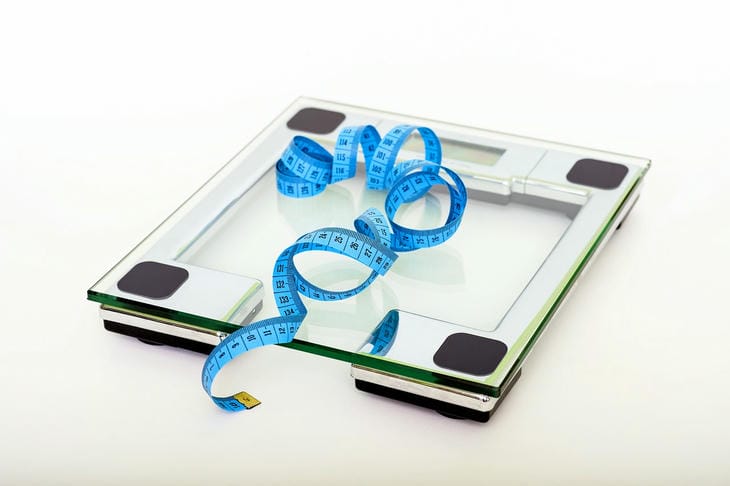When it comes to losing weight, many people immediately imagine strict diets and grueling workouts.
But what if I told you that it’s not just exercise and what we eat that’s important, but also how we end our day?
Imagine your evening habits as little bricks that you lay on the way to a slim body. What should you do to make the evening work for you, not against you?

Eating Right Before Bed: Don't Burden Your Body Unnecessarily
Agree, when we eat a lot at night, sleep turns into a struggle. The body, instead of a well-deserved rest, works "overtime", digesting a heavy dinner.
It's like showing up to a party five minutes before it closes and trying to enjoy everything at once - no use!
Therefore, a light dinner 2-3 hours before bed is a great solution. Give preference to something light, for example, steamed vegetables, a piece of fish or lean meat.
This way your body won't be busy digesting, and you'll wake up refreshed and rested. But what if you're still overcome by hunger?
Instead of a bun with sausage, it is better to choose a healthy snack, for example, a combination of cheese, fruits and nuts. Cheese will give the body tryptophan - a substance that helps you fall asleep, and nuts and fruits will saturate you with fiber and healthy fats.
Establish a clear routine: the body loves order
Our body is like a good old alarm clock: if you set it, it will work accurately. Try to eat at about the same time every day.
Breakfast, lunch, dinner – this is how the body gets used to it and does not ask for snacks at the most inopportune moment. And drink enough water. If you drink a glass of water before each meal, you can slightly “trick” your appetite, and the food portions will become smaller on their own.
Drinking plenty of water means preventing confusion between hunger and thirst. After all, how often do we eat something that we could just wash down?
Evening Physical Activity: Move for Light Sleep
Evening physical activity doesn't have to mean a marathon around the room or heavy weights. Sometimes, a simple stretch before bed is all it takes to help your body relax.
Light exercise or a walk in the fresh air before bed will give you peace of mind, get your blood pumping, and burn a few extra calories.
In the evening, the body is grateful even for small efforts: you don’t have to be a champion. A light warm-up is enough for the muscles to say “thank you” and get rid of clamps and fatigue. And the morning will begin with a pleasant vigor, and not with the feeling that you were driven through a concrete mixer.
Psychological aspects: gadget-free dinner and stress management
We live in a world where dinner is often accompanied by TV series or the news feed on the phone. This is a habit that does not have the best effect on the figure.
When we eat with a distracting background, the brain simply does not register the moment of satiety, and we eat more than necessary. Try turning off your phone and looking at your plate. Yes, just at your plate! This will help you consciously enjoy every bite and avoid overeating.
Don't forget about sleep. Chronic lack of sleep increases the level of the hormone ghrelin, which is responsible for appetite.
So, don’t get enough sleep – you’ll wake up hungry. Find ways to relax in the evening: yoga, meditation or just a hot bath will help reduce stress levels and prepare your body for sleep. The calmer the night, the less likely you are to wake up wondering: “Where’s the bun?”
Consistency and awareness are your best allies.
Losing weight is a marathon, not a sprint. Don't rush headlong. Just start with small but regular changes.
Light dinners, diet, evening activity - all this seems like a small thing, but it is these small things that make the result stable and long-lasting.
So if you really want to lose weight, start simple: create your own evening rituals that will guide you towards your goal.
For reference
Weight loss is a reduction in the body weight of a living human organism.








